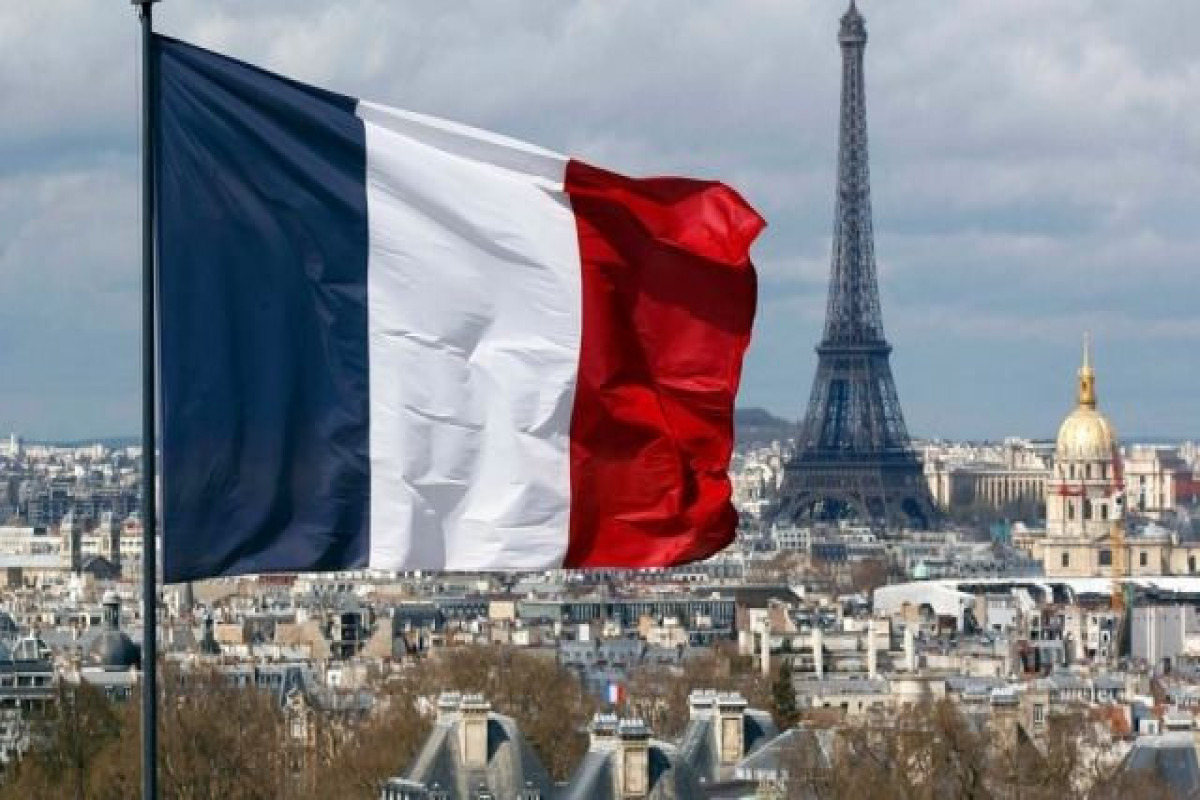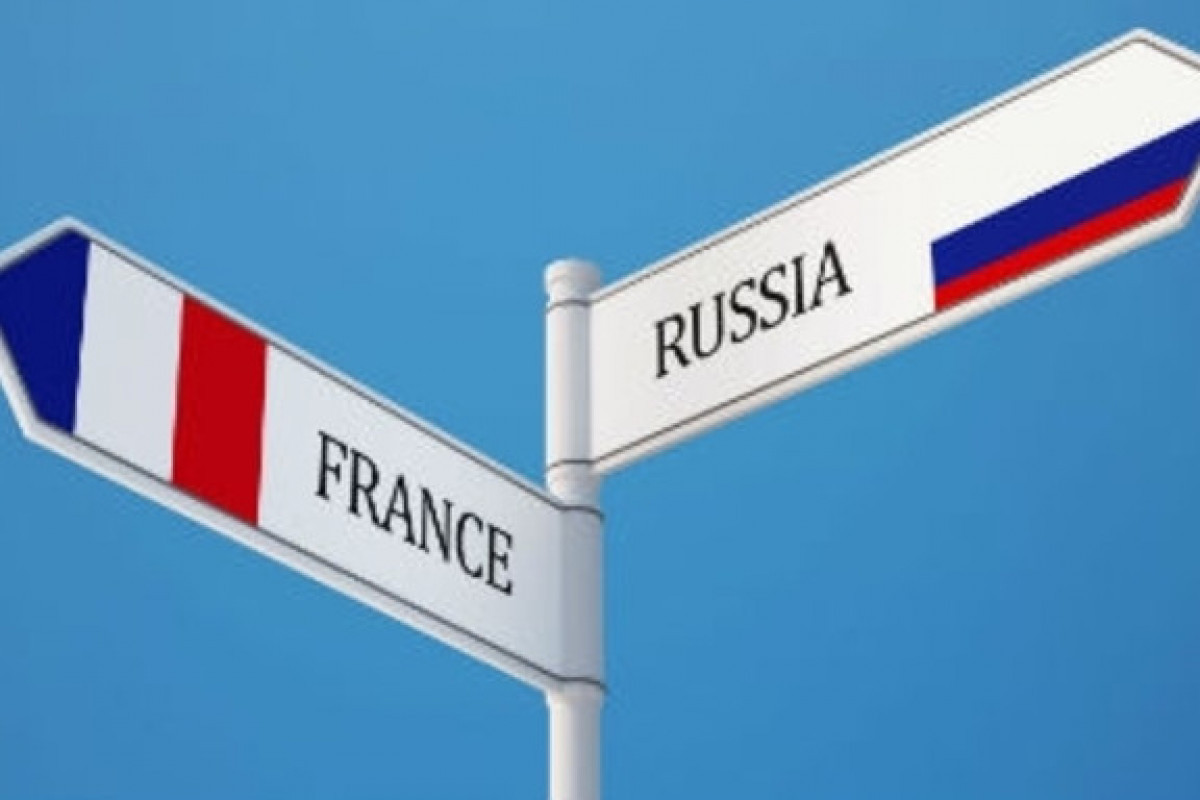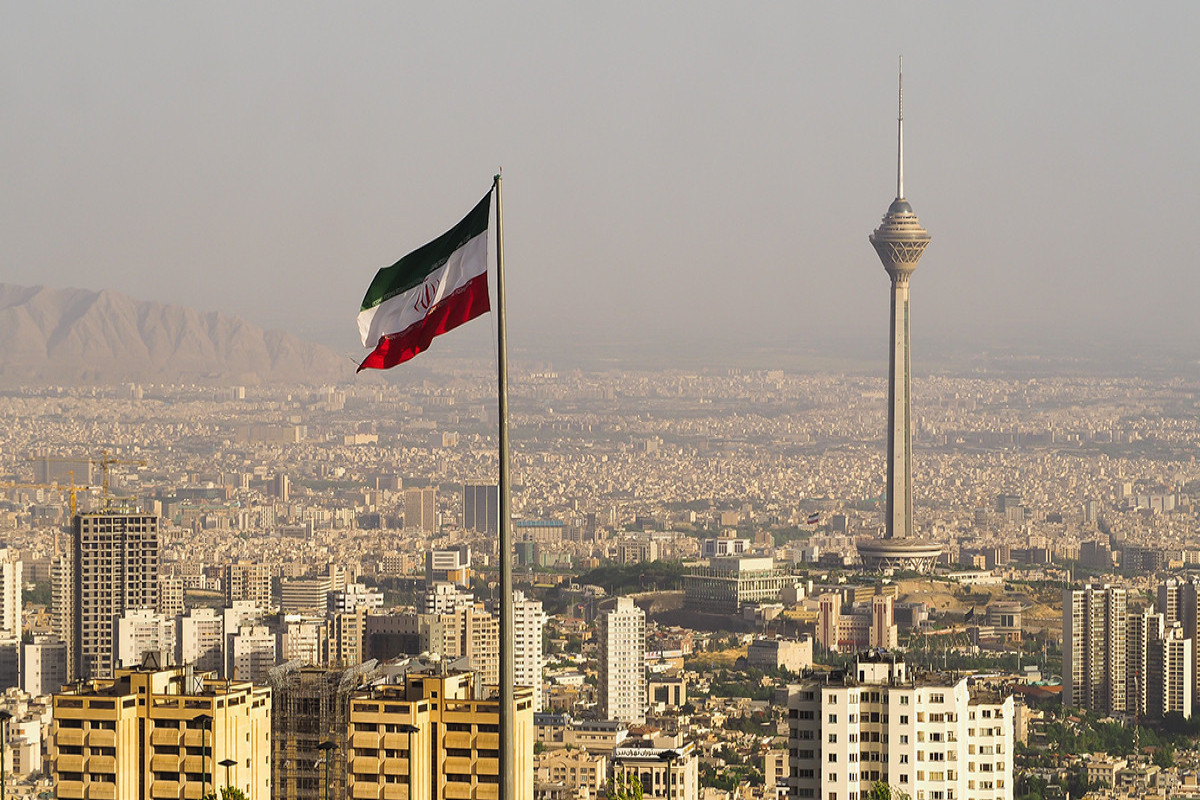In recent years, particularly during the period of AKP government, the nature of the relations between Ankara and Tehran began to be determined by economic relations. These countries with trade turnover in amount of $10 billion, plan to triple this figure in the near future. Turkey has 450-kilometer border with Iran and these countries compete in the regional freight and this competition has transformed the two states to the most important transit countries in the Middle East. Transportation of Iranian gas plays an important role in gas supply to Turkey, particularly south-west regions of Anatolia and stimulates the development of the industry in the region.
The situation is quite different in the political arena. Though the political authorities changed in both countries, interests remained unchanged, but are constantly developing in parallel with the processes. In fact, the struggle for influence leads to conflicting interests between Turkey and Iran. However, the Turkish-Iranian relations have two special features:
a) Conflicting interests of these countries have always remained in the shadow of the processes taking place in the Middle East and have not come to the fore.
b) The results of many processes in the Middle East were mainly determined by the outcome of the clash of interests between the two countries.
There are several factors that determine the nature of the Turkish-Iranian relations. These are PKK, Iraq and Syria as well as energy issues. The two countries have always taken the same position with regard to the issue of PKK. As the Kurdish separatism undermines the interests of Iran along with Turkey, Ankara’s policy against PKK and Iran’s policy against PEJAK coincide. However, despite these common interests, the two countries have never conducted the coordinated fight against the PKK. This is based on the perspective that depending on the situation, one of these countries can use the factor of PKK against the other. This perspective has proved itself in the Syrian crisis. Thus, revealing facts on IRGC General Qassem Soleimani’s relationship with the Kurdish separatists is an example for it. However, as the PKK issue is the common interest of Turkey and Iran, such episodic facts cannot affect the relations between the two countries, because over the last ten years, the United States in its Middle East policy has widely used the ethnic Kurdish factor, forcing Iran to take a cautious position regarding the PKK issue. Another factor determining Iran’s position toward the PKK issue is the probability of the U.S. military intervention in the country. This issue hasn’t lost its full relevance and Iran understands if the military intervention plan realized, Turkey's strategic importance will increase in these processes. Therefore, Tehran considers the PKK issue as a factor that can jeopardize the relations between Iran and Turkey and acts quite carefully.
In politics, there is also a real part. After the Islamic revolution in Iran, which the United States considers a problem in its Middle East policy, Iran’s policy has become more soft during the leadership of Hassan Rouhani. His interest for cooperation allows mitigating the relations aggravated with the West during the leadership of Ahmadinejad. During this period, the process of solving problems is becoming a principal direction of domestic policy of AKP government. And Turkey is using this factor as a means of pressure on Iran. Ankara claims the fact that Iran has a negative impact on the solution process launched by Turkey. This claim is based on contact of SEPAH and Quds Force General Qassem Soleimani with Kurdish separatists. The release of the Iranian general’s photos with separatists in Turkish media is in fact an informal protest of Ankara against Tehran, as well as the arrest of members of the “Tawhid-Salam” (aka Tevhid-i Selam) sent to Turkey by Iran’s special services to commit espionage can also be regarded as a protest of Ankara against Iran’s policy.
In Syria, there is a serious clash of interests of Turkey and Iran. It anyway strains relations between the two countries, having a serious impact on the ongoing processes in the Middle East. The Syrian crisis is a matter of life and death for both Tehran and Syria, because the sides understand that the loss of both Turkey and Iran in the Syrian and Iraqi clashes can have a negative impact on their fates, as well as the Middle East authority. For this reason, there is a need for more detailed analysis of the situation and study of the factors forming these relations.
Iran’s foreign policy and Turkey’s profits from the region’s economy run contrary to each other and can affect the economic profit. The recent problems related to mutual visits between Iran and Turkey can be considered a result of this paradox. Iran in the international arena uses energy factor for political dividends and have repeatedly used it against Turkey over the past weeks. As an example, the large-capacity trucks of Turkey, almost leading regional freight traffic, facing problems while purchasing oil in Iran and crossing Bazargan border checkpoint and Iranian trucks – with almost the same problems in Turkey.
Emphasizing the higher price of black oil in Turkey, the Iranian side said it would sell black oil to Turkish vehicles at a higher price.
This action of Iran in fact stems from Turkey playing an active role over the issue of Syria rather than economic interests. When the topic of the Islamic State (as known as IS) emerged in Iraq, Turkey stood out with its peaceful mission. However, Turkey’s political weight in the region is changing every day. Unfulfilled international commitments and super powers offering support to Turkey during the onset of the Syrian crisis but staying back afterwards have actually left Ankara alone in the batterfield. So the Syrian crisis has turned out to be a puzzle for Turkey, having already affected the country’s domestic and foreign policies.
As a result of these processes, the AKP government has begun to skillfully use the Syrian factor in its domestic policy, while foreign powers gradually forgot the issue of Syria. And…Iran gained an opportunity to play a bigger part in Syria. And it goes without saying how Tehran took the advantage of this opportunity. Both Turkey and Iran are trying to equally benefit from the possible dividends the IS factor could bring forth. The IS factor and actions and manners of the terrorists has created a new opportunity for Turkey’s foreign policy. Consequently, regretfully watching Iran’s growing role, foreign powers have changed their attitude toward Turkey. Some passive powers which used to consider Turkey’s interference in the processes in Syria inadmissible till this moment now wants Ankara to be militarily and politically more active in the region. But with lack of foreign support it sought in the early stage of the Syrian crisis, Turkey now says it can assume the responsibility for being the most active figure in these processes in order to not find itself in the same situation once again provided that Bashar Assad is ousted and a no-fly zone is created in Syria. In fact, there’s no considerable difference between creating a no-fly zone in Syria and overthrowing Bashar Assad. If this desire of Turkey comes true, Bashar Assad will have no option but to leave power.
But what is Iran’s attitude toward such a condition from Turkey and this country’s growing influence in the region? Of course, Iran, the most active player of the games going on in the Middle East, can not accept the outcomes of these conditions, because Syria is the only geographical circle connecting Iran with Hizbullah in Lebanon. If this circle is lost, Iran would have lost a vital part of its existing power in the region. On the other hand, if Turkey takes power in Syria, the corridor to the Arabic world will be under Turkey’s control. This is one of the encountering interests between Iran and Turkey in Syria.
As two historical rivals competing for influence in the Middle East, Turkey and Iran today are confronting each other over the Syrian issue and Kurdish problem in this region. Both sides are seeking to go forth with different projects in a hidden competition in order to fulfill their interests. Another side of the policies pursued by both countries in the region is to persuade the U.S. and Russia to their side. Turkey’s active policy toward the U.S. and Russia and Iran becoming more active over nuclear talks should be evaluated from this angle.
APA Analytic Center




 ANALYSIS'>
ANALYSIS'>

